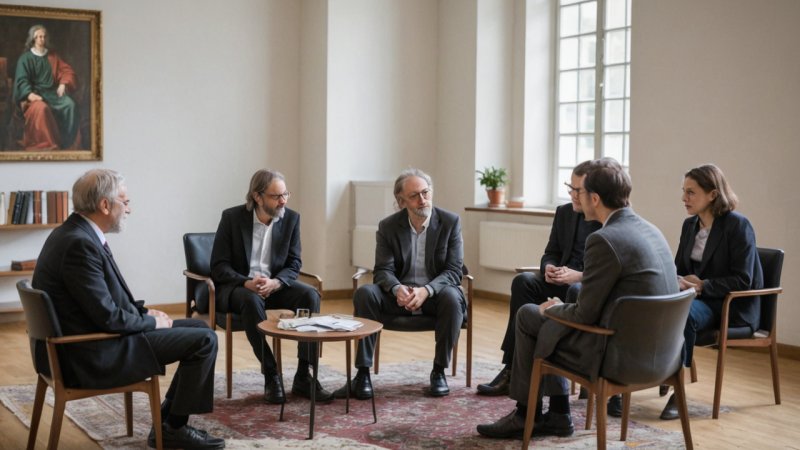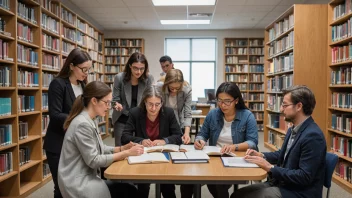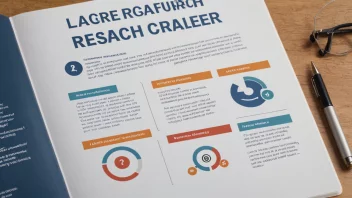Philosophy has been a cornerstone of human thought for centuries, shaping the way we understand ourselves and the world around us. In modern society, its importance is more relevant than ever, influencing disciplines from science to politics and ethics. As we navigate complex global challenges, the insights gained from philosophical inquiry provide a framework for critical thinking and moral reasoning.
At its core, philosophy encourages us to question our assumptions and explore fundamental concepts such as existence, knowledge, and morality. This reflective process fosters a deeper understanding of our values and beliefs, which is essential in an age where information is abundant, yet clarity can often be obscured.
One of the most significant contributions of philosophy to modern thought is the promotion of rational discourse. Philosophers like Socrates and Kant emphasized the importance of dialogue and reasoned argumentation. In contemporary society, where polarized opinions dominate discussions, the philosophical method of critical engagement offers a pathway to bridge divides and cultivate understanding. By employing logic and reason, individuals can navigate complex issues, from climate change to social justice, with a more nuanced and informed perspective.
Moreover, philosophy challenges us to consider ethical implications in our decisions. The rise of technology, artificial intelligence, and bioethics presents dilemmas that require careful moral consideration. Philosophers such as Peter Singer and Martha Nussbaum have contributed significantly to contemporary discussions on ethics, urging a focus on compassion and the well-being of all sentient beings. In modern decision-making, whether in business, healthcare, or politics, philosophical frameworks help us weigh the consequences of our actions, promoting a more humane and equitable society.
Philosophy also plays a pivotal role in the development of critical thinking skills. In a world flooded with information—from social media to news outlets—being able to discern credible sources from misinformation is crucial. Philosophical training enhances analytical skills, enabling individuals to assess arguments, identify biases, and evaluate evidence critically. These competencies are essential not only in academic settings but also in everyday life, empowering individuals to make informed choices.
Furthermore, philosophy encourages interdisciplinary connections that enrich our understanding of complex global issues. By integrating insights from history, sociology, and psychology, philosophical inquiry can illuminate the interconnectedness of human experiences. For instance, the study of existentialism in literature offers profound insights into the human condition, highlighting themes of freedom, responsibility, and the search for meaning.
In conclusion, the importance of philosophy in modern thought cannot be understated. Its contributions to rational discourse, ethical reasoning, critical thinking, and interdisciplinary exploration equip us to face the challenges of the 21st century. As we confront unprecedented global issues, embracing philosophical inquiry can foster a culture of understanding, empathy, and informed decision-making. Philosophy not only enriches our intellectual landscape but also serves as a guiding light in our quest for knowledge and meaning.
Philosophy's Role in Shaping Modern Thought
Explore how philosophy shapes modern thought and influences critical thinking, ethical reasoning, and interdisciplinary connections in today's society.






